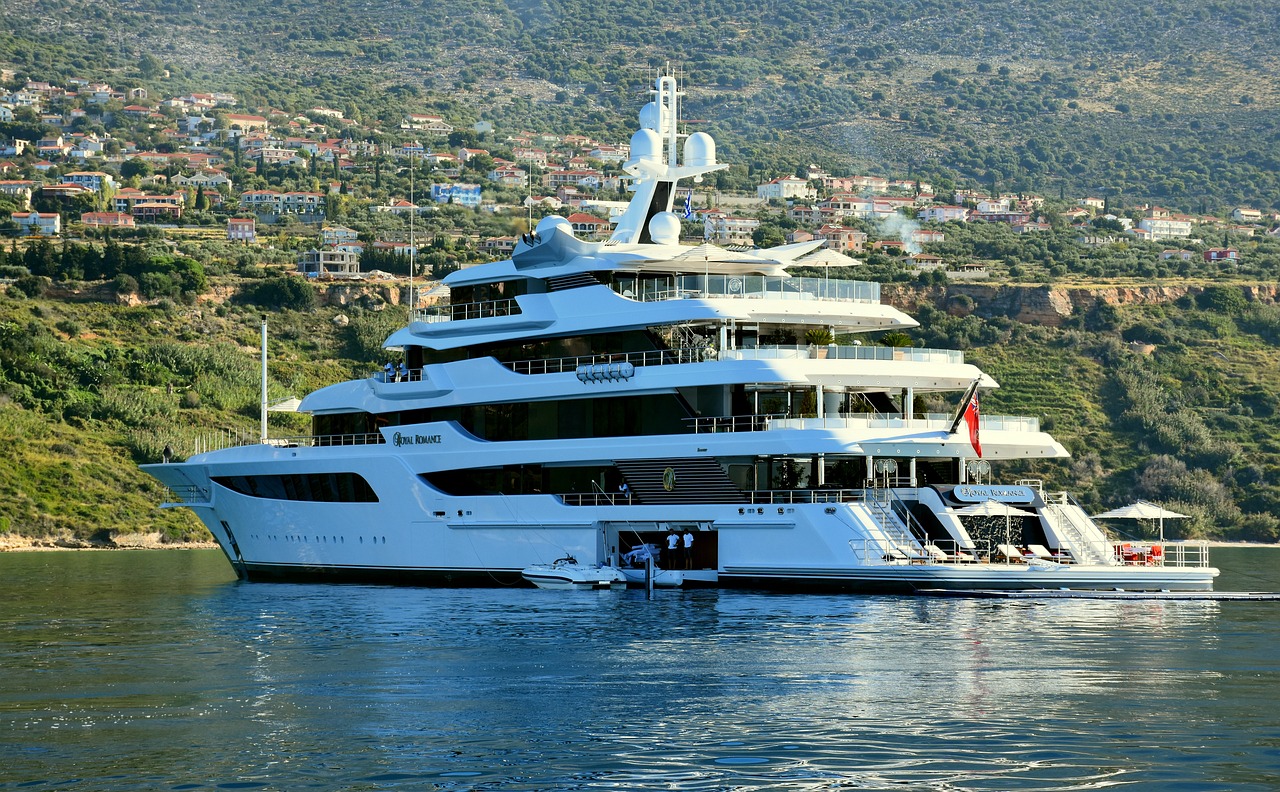Introduction to practical applications and research programs.
Materials technology and research are pivotal in propelling sustainability within the yacht industry. This first and preliminary article explores specific areas where involvement can make a tangible difference aligning with the industry´s commitment to ecofriendly practices.
Let´s summarise some of these practical aspects and in the next newsletter issues, we will delve deeper into practical examples and case studies in the yacht sector.
Material selection and substitution: Research programs identifying and testing sustainable alternatives contribute to ecofriendly for yacht construction.
Example: Research programs and cooperate with all the stake holders including independent experts and laboratories, can play a crucial role in assessing the performance and environmental impact of traditional hull coatings versus newer, sustainable options. Their insights offer valuable data-driven recommendations for proper and sustainable material choices.
Material testing and analysis: Provide sustainable product certifications based on document review is not enough and scientific and reliable data is needed. Advanced testing evaluates the environmental impact, the efficiency, quality, and safety of those materials used on yacht construction and maintenance. Material testing and analysis provide the industry stakeholders with precise data on the life-cycle impact of materials. This empowers decision – makers to make informed choices based on comprehensive research.
Energy-efficient materials and systems: Research on energy-efficient materials and propulsion technologies supports reducing fuel consumption and environmental impact during yacht operation. A proper research program facilitates in depth evaluation of the performance and environmental benefits of alternative propulsion systems and thus will informs the industry´s adoption of sustainable technologies.
Waste minimization strategies: Collaboration on strategies to minimize waste during newbuilding and maintenance fosters sustainable waste management practices.
Example: Research programs and collaboration can contribute to the development of waste minimization strategies by assessing the feasibility of incorporating recycled materials in yacht exteriors and interiors. The expertise and knowledge aids in reducing the environmental impact of construction and maintenance processes.
Environmental impact assessments: Comprehensive impact assessments of materials and processes provide data for sustainable decision – making in yacht construction and maintenance. Expert survey and assessments offering valuable insights into the applications of various construction materials and methods. This expert-driven analysis informs the development of sustainable practices and technologies in the yacht industry.
By actively engaging the proper team of stakeholders in conjunction with independent experts in materials and laboratory analysis in these practical applications and research programs, materials technology and R&D become key drivers of sustainability within the yacht industry. This collaborative approach enhances the industry´s ability to innovate, qualify sustainable materials and processes effectively.


